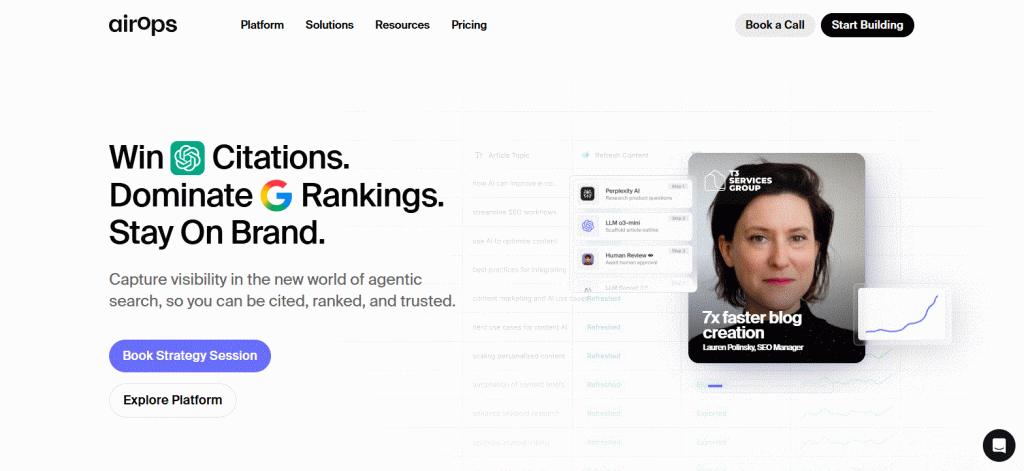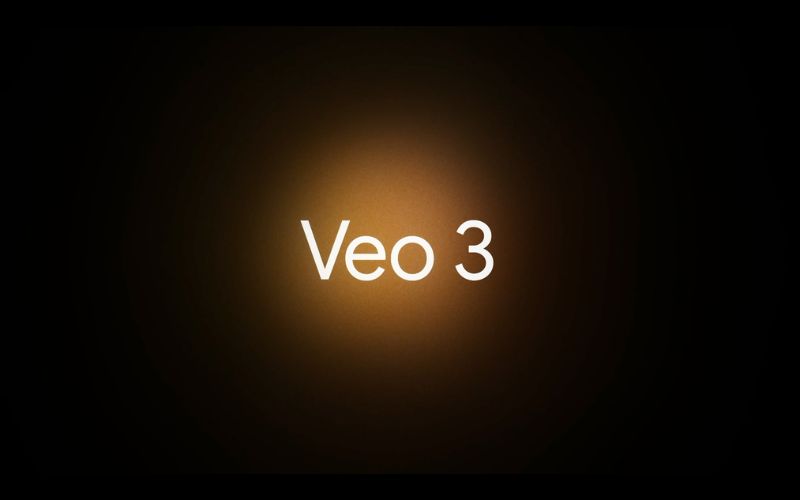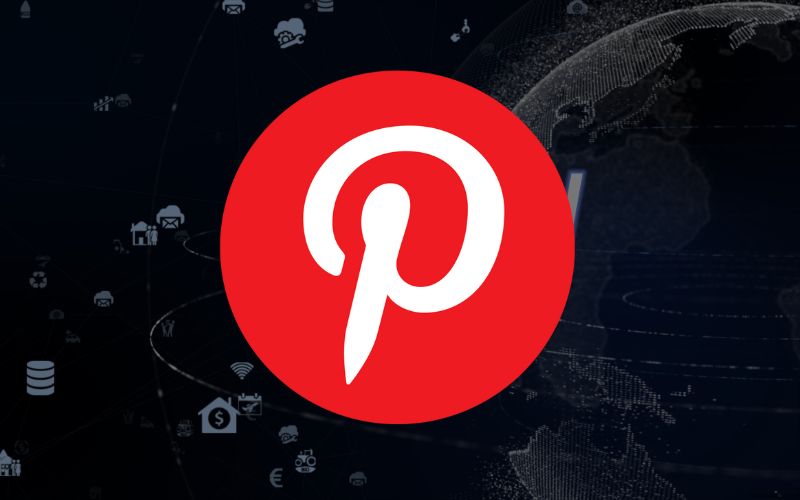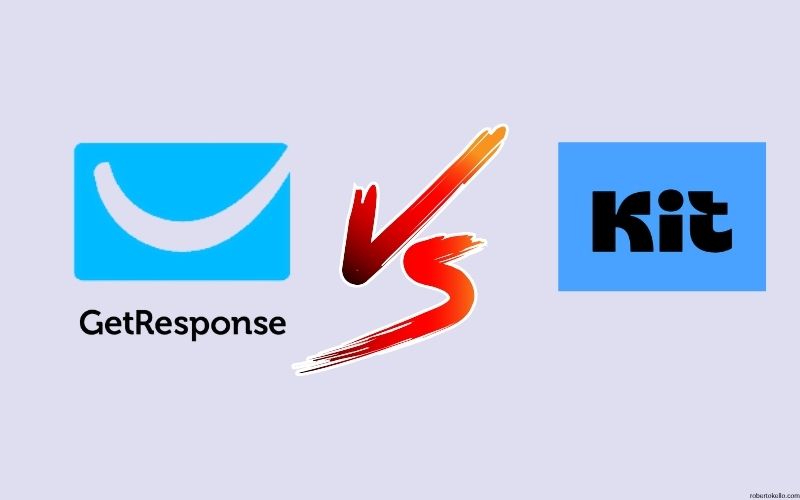In today’s digital age, the term “influencer” has become ubiquitous, referring to individuals who wield considerable sway over online audiences. From TikTok sensations to YouTube stars, influencers have mastered the art of captivating audiences and leveraging their influence for financial gain.
But how exactly do these content creators turn likes and shares into cold, hard cash? Let’s delve into the multifaceted world of influencer monetization.
With the evolution of social media platforms, content creators have unlocked a plethora of revenue streams, each offering unique opportunities for financial growth. One of the most prominent platforms for influencer monetization is YouTube. Through the platform’s Partner Program, content creators can earn money through advertisements displayed on their videos.
Advertisers pay YouTube to showcase their ads, and creators receive a share of the revenue based on factors such as ad engagement and viewer demographics. However, it’s important to note that creators are not compensated solely based on video views; rather, they earn based on the number of ad impressions and clicks.
According to insights shared by comedian and content creator Mulamwa, YouTube creators can expect to earn approximately Sh60,000 for every million views, although this figure is contingent upon various factors such as ad completion rates.
Additionally, creators must meet YouTube’s monetization criteria, including a minimum threshold of 1,000 subscribers and 4,000 watch hours within the past 12 months. Despite the potential for substantial earnings on YouTube, it remains just one avenue among many for influencer monetization.
In the realm of short-form video content, TikTok has emerged as a powerhouse, attracting a diverse array of users and entrepreneurs. While TikTok itself does not directly compensate creators for their content, opportunities for monetization abound. Content creators can leverage sponsorships, fundraising drives, product sales, and direct tips from viewers to generate revenue.
Moreover, TikTok recently launched its Creativity Programme, offering creators with substantial followings the chance to earn money based on video performance. This initiative underscores the platform’s recognition of the value that creators bring to its ecosystem.

Beyond YouTube and TikTok, influencers explore additional revenue streams to diversify their earnings. Social media platforms like Instagram and Facebook may not offer direct compensation to creators, but they serve as invaluable channels for brand endorsements. Companies seek out influencers with sizable followings to promote their products or services to a targeted audience.
The compensation for these endorsements can vary widely depending on factors such as reach, engagement, and the influencer’s niche. As such, building a strong personal brand and cultivating an engaged audience are essential for influencers looking to secure lucrative partnerships.
In addition to brand endorsements, content creators tap into alternative revenue streams such as live performances, event appearances, and merchandise sales. Comedian Mulamwa highlights the endless possibilities for generating income, emphasizing the importance of exploring diverse avenues for monetization. For instance, musicians can earn royalties through platforms like Skiza Tunes, while entertainers may command fees for live shows and appearances.
However, amidst the burgeoning success of influencers, the specter of taxation looms large. The Kenyan government’s proposed Finance Bill 2023 seeks to impose a five percent withholding tax on influencer revenue, down from an initial proposal of 15 percent. This move reflects the government’s recognition of the burgeoning digital economy and its desire to capture a share of online earnings. Yet, content creators have voiced concerns over the ambiguity of the proposed tax and its potential impact on their livelihoods.
Critics argue that the proposed tax fails to account for the diverse nature of influencer revenue streams, potentially penalizing creators unfairly. While YouTube earnings may be subject to withholding tax, other sources of income such as brand endorsements are already taxed at five percent. The lack of clarity surrounding the tax’s implementation raises questions about its efficacy and implications for content creators.
In response to the evolving landscape of influencer monetization, platforms like TikTok have introduced initiatives to empower creators and provide additional earning opportunities. The TikTok Creativity Programme represents a concerted effort to reward creators for their contributions to the platform while fostering a vibrant ecosystem of creativity and innovation.
As influencers navigate the complex terrain of online monetization, adaptability and creativity emerge as indispensable assets. By embracing new technologies, exploring diverse revenue streams, and cultivating authentic connections with their audience, content creators can thrive in an ever-changing digital landscape. Despite the challenges posed by regulatory frameworks and taxation, the allure of influencer success continues to inspire a new generation of creators to pursue their passions and turn their online presence into a lucrative career.
If you are now interested in starting a YouTube channel and want to get more info, read Starting a YouTube Channel










